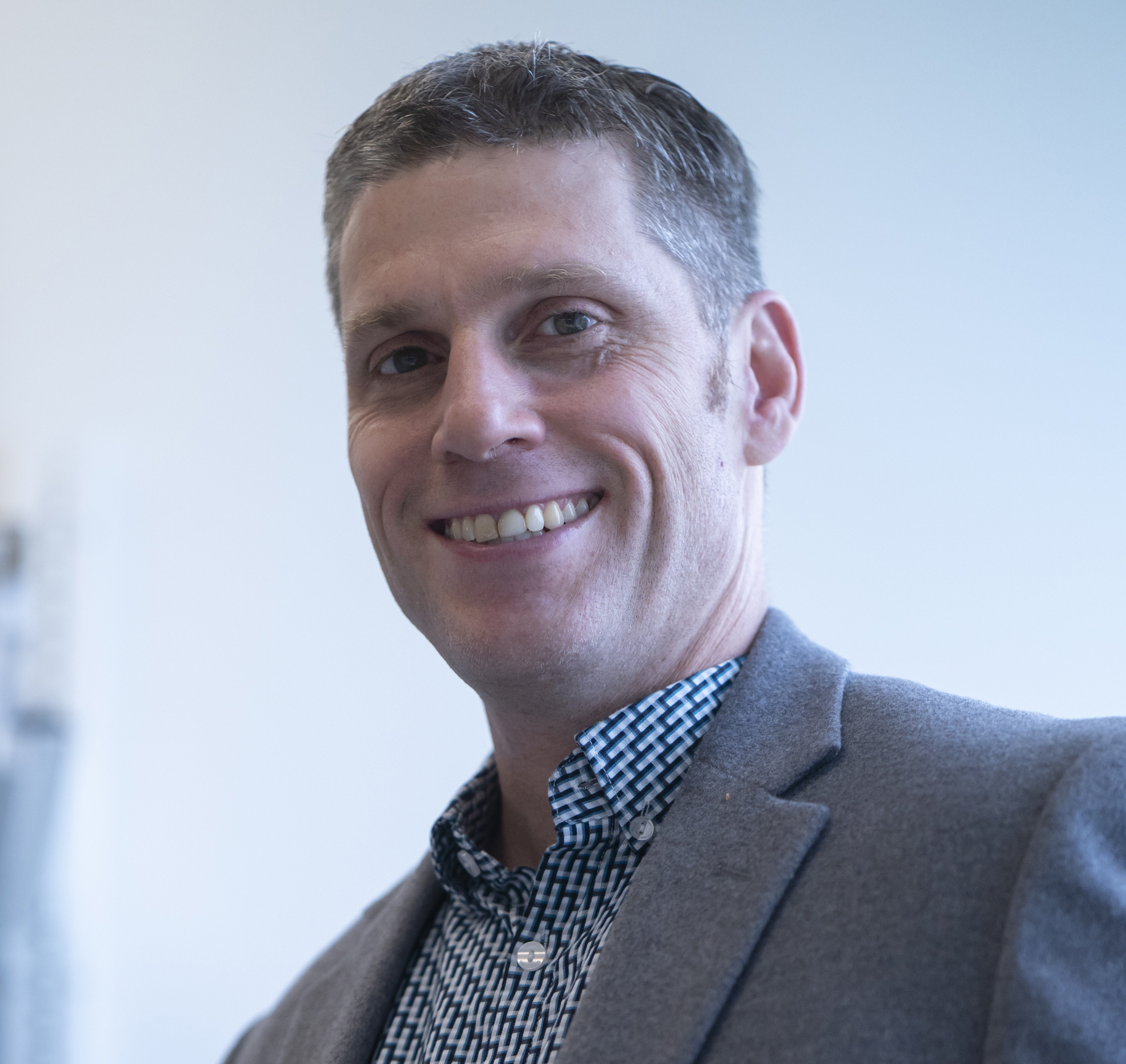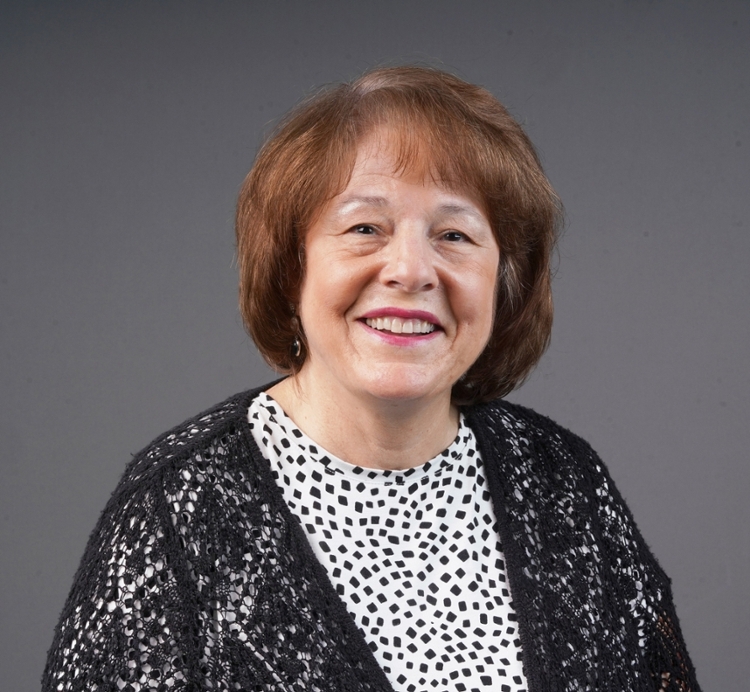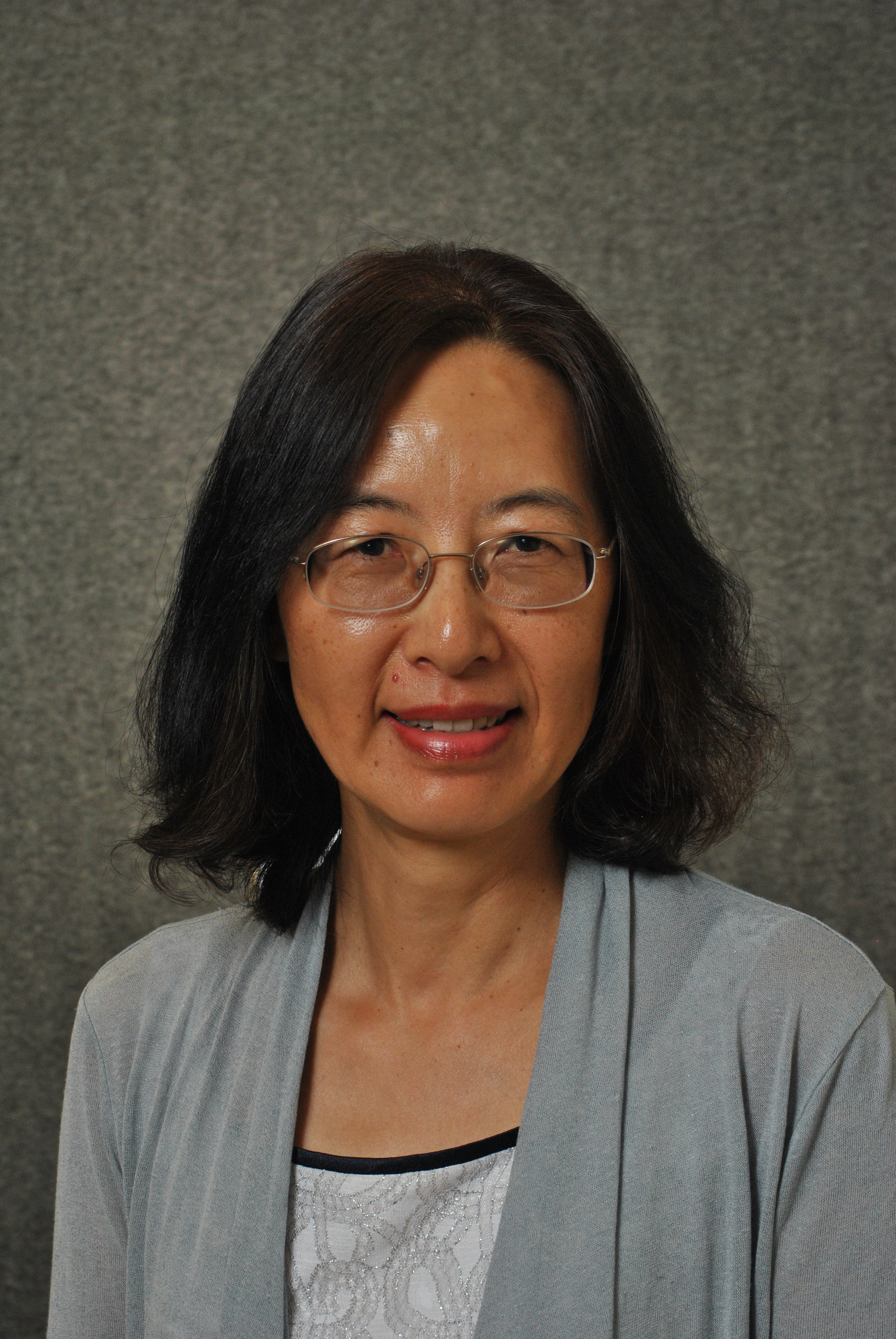Seeing through Dark Waters: A Panel Discussion on Chemical Contaminants and Environmental Health
Movie and Panel Topic
After a viewing of the film Dark Waters, our panel of experts will discuss environmental health and particularly the impact of environmental contaminants on humans. There will be time at the end for questions from the audience. Snacks will be provided.
Wednesday, February 22, 5:00-8:00 PM ESTWetherill Hall - 104
Panelists
 Dr. Jason Cannon is trained in toxicology and neuroscience. He received his B.S. in physiology, from Michigan State University, Ph.D. in toxicology from the University of Michigan, and postdoctoral training in neurodegeneration in the Pittsburgh Institute for Neurodegenerative Diseases. Dr. Cannon is an expert on how toxic exposures adversely affect the nervous system. He teaches the following subjects: general toxicology, analytical toxicology, biochemical toxicology, toxicologic pathology, neurotoxicology, and neurodegeneration. Dr. Cannon conducts research on how toxic exposures may influence the onset and progression of neurological diseases. A major focus of Dr. Cannon’s current research is how per-and polyfluoroalkyl substances (PFAS) adversely affect neurotransmission and neurological function.
Dr. Jason Cannon is trained in toxicology and neuroscience. He received his B.S. in physiology, from Michigan State University, Ph.D. in toxicology from the University of Michigan, and postdoctoral training in neurodegeneration in the Pittsburgh Institute for Neurodegenerative Diseases. Dr. Cannon is an expert on how toxic exposures adversely affect the nervous system. He teaches the following subjects: general toxicology, analytical toxicology, biochemical toxicology, toxicologic pathology, neurotoxicology, and neurodegeneration. Dr. Cannon conducts research on how toxic exposures may influence the onset and progression of neurological diseases. A major focus of Dr. Cannon’s current research is how per-and polyfluoroalkyl substances (PFAS) adversely affect neurotransmission and neurological function.
 Dr. Linda S. Lee is a professor in the Purdue University Department of Agronomy; Program Head for the Ecological Sciences & Engineering Interdisciplinary Graduate Program; and a Faculty Affiliate in the Division of Environmental Ecological Engineering. She joined the faculty at Purdue in 1993 after completing a BS (Chemistry), MS (Environmental Engineering) and PhD (Soil chemistry & Contaminant hydrology, Soil & Water Sciences Dept.) at the University of Florida. She has garnered over 10 million dollars in funding from federal and state agencies as well as industry, published over 100 publications with most being in top tier environmental journals, and served as primary mentor of almost 30 graduate students to date. She has an energetic, innovative, stimulating program of research and teaching in environmental soil chemistry grounded in fundamental concepts of chemistry with direct application to known environmental problems. Her research focuses on understanding the processes that govern environmental fate and remediation of contaminants in various media for use in mitigating contamination, decision tools and management guidelines in both industrial and agricultural settings. She has served on multiple national and international advisory groups addressing water quality issues, fair land-applied biosolid policies, and chemical risk prediction and management. Her research over the past 15 years has focused primarily on poly- and perfluoroalkyl substances and other organic endocrine disrupting chemicals of emerging concern. She developed and teaches Environmental Soil Chemistry lab/lecture (AGRY/NRES385, every fall) and Environmental Organic Chemistry (AGRY544, Spring, even year). In addition she co-developed and co-instructs/facilitates the ESE fall and spring Colloquium course series and co-teaches Introduction to Environmental Sciences (AGRY/EAPS/FNR/NRES125). She has two sons and enjoys animals, music, the outdoors and scuba diving.
Dr. Linda S. Lee is a professor in the Purdue University Department of Agronomy; Program Head for the Ecological Sciences & Engineering Interdisciplinary Graduate Program; and a Faculty Affiliate in the Division of Environmental Ecological Engineering. She joined the faculty at Purdue in 1993 after completing a BS (Chemistry), MS (Environmental Engineering) and PhD (Soil chemistry & Contaminant hydrology, Soil & Water Sciences Dept.) at the University of Florida. She has garnered over 10 million dollars in funding from federal and state agencies as well as industry, published over 100 publications with most being in top tier environmental journals, and served as primary mentor of almost 30 graduate students to date. She has an energetic, innovative, stimulating program of research and teaching in environmental soil chemistry grounded in fundamental concepts of chemistry with direct application to known environmental problems. Her research focuses on understanding the processes that govern environmental fate and remediation of contaminants in various media for use in mitigating contamination, decision tools and management guidelines in both industrial and agricultural settings. She has served on multiple national and international advisory groups addressing water quality issues, fair land-applied biosolid policies, and chemical risk prediction and management. Her research over the past 15 years has focused primarily on poly- and perfluoroalkyl substances and other organic endocrine disrupting chemicals of emerging concern. She developed and teaches Environmental Soil Chemistry lab/lecture (AGRY/NRES385, every fall) and Environmental Organic Chemistry (AGRY544, Spring, even year). In addition she co-developed and co-instructs/facilitates the ESE fall and spring Colloquium course series and co-teaches Introduction to Environmental Sciences (AGRY/EAPS/FNR/NRES125). She has two sons and enjoys animals, music, the outdoors and scuba diving. Dr. Sa Liu is an exposure scientist specializing in occupational and environmental exposure assessment. Her research focuses on the development and the implementation of comprehensive assessment methods to understand human exposures to chemical contaminants and their association with adverse health effects among workers and the general population. The overarching question of her research is how scientific data relevant to human exposure are developed, assembled, and evaluated, on which health risks and unacceptable risks are determined, with the ultimate goal of reducing exposure and mitigating health risks.
Dr. Sa Liu is an exposure scientist specializing in occupational and environmental exposure assessment. Her research focuses on the development and the implementation of comprehensive assessment methods to understand human exposures to chemical contaminants and their association with adverse health effects among workers and the general population. The overarching question of her research is how scientific data relevant to human exposure are developed, assembled, and evaluated, on which health risks and unacceptable risks are determined, with the ultimate goal of reducing exposure and mitigating health risks. Dr. Maria Sepúlveda’s main area of research is ecotoxicology. Over the last two decades, she has conducted extensive research evaluating the sublethal effects of a wide-range of environmental contaminants on the physiology of numerous terrestrial and aquatic species. She earned a Doctorate in Veterinary Medicine degree from Universidad de Chile, Santiago, Chile; her MS from University of Florida, Gainesville, Florida (Wildlife Ecology); and her PhD from the same University (Veterinary Sciences/Toxicology). Dr. Sepúlveda’s research focuses on understanding the sublethal effects of legacy and emerging pollutants to fish and wildlife. Her laboratory uses a diverse number of animal models and techniques to advance the field of aquatic toxicology.
Dr. Maria Sepúlveda’s main area of research is ecotoxicology. Over the last two decades, she has conducted extensive research evaluating the sublethal effects of a wide-range of environmental contaminants on the physiology of numerous terrestrial and aquatic species. She earned a Doctorate in Veterinary Medicine degree from Universidad de Chile, Santiago, Chile; her MS from University of Florida, Gainesville, Florida (Wildlife Ecology); and her PhD from the same University (Veterinary Sciences/Toxicology). Dr. Sepúlveda’s research focuses on understanding the sublethal effects of legacy and emerging pollutants to fish and wildlife. Her laboratory uses a diverse number of animal models and techniques to advance the field of aquatic toxicology.